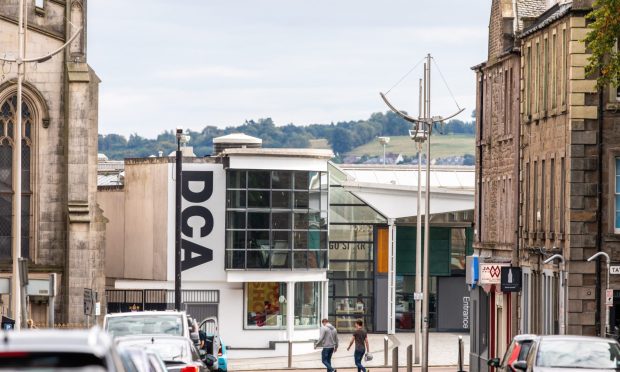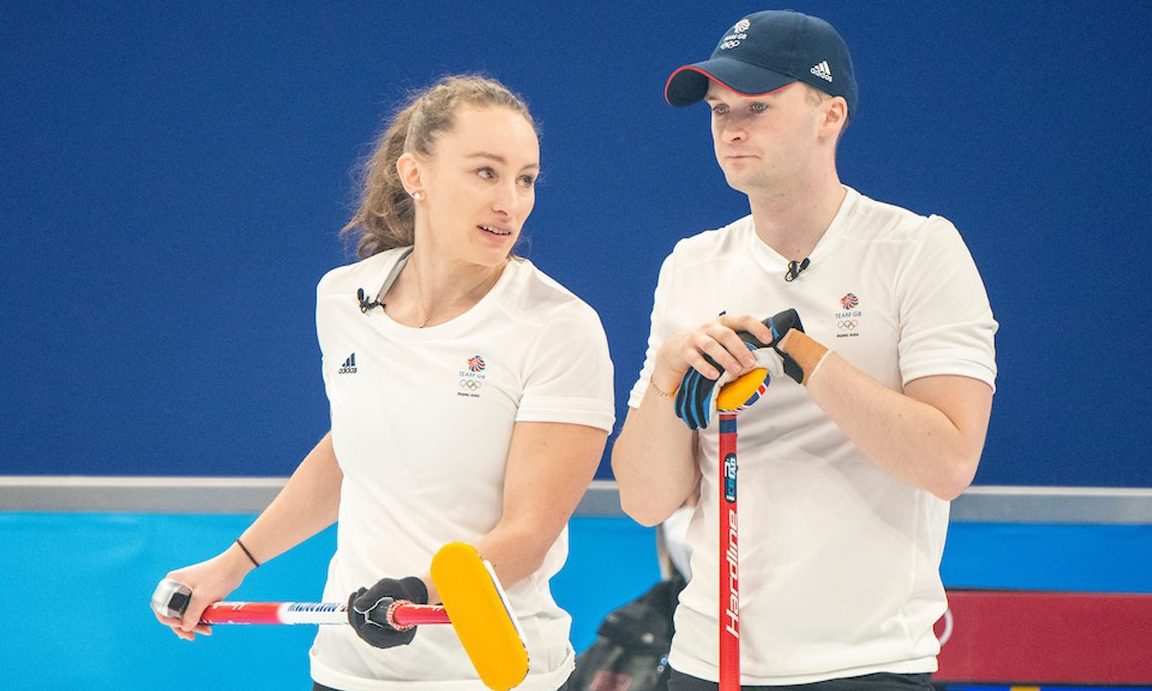In these locked down times, separated from loved ones, it wasn’t surprising to see a TV interview in which the words: “I’ve been looking forward to seeing mummy” were uttered. But the person speaking was a man who was, I’d guess, in his mid-50s.
He looked intelligent, a nice sort of chap, and I did have some sympathy as he was clearly missing his parent. But I stopped using the word “mummy” at roughly the same age I stopped calling trains choo-choos.
To my mind, “mummy” is childish language. Yet this child-like manner of speaking lingers longer in a certain type of people’s vocabularies than in others.
Test yourself. Do you say you have a sore stomach or a sore tummy? Do you use the term “higgledy-piggledy”? Do you call your friends “chums”? Do you find yourself saying the words squidgy, jim-jams, pooh, or yucky? Or bid people “toodle-pip”?
Now it is not my intention to disparage anyone for using any form of address, especially a term of endearment. People are free to talk however they like.
But I do have a point to make.
The thing I haven’t said, although you might have guessed, about the man saying “mummy” was that he had a very plummy accent.
And, from the way he was dressed, he didn’t look short of a bob or two. Whether he was a member of the aristocracy, I don’t know. I did get the feeling, however, that he very much wanted to appear and sound as if he was.
I have always been interested in the way people use words to create an image of themselves. And not just their accent, or pronunciation, although they account for much.
You’ll probably have seen these internet quizzes that promise to decide your “class” based upon your vocabulary. Whether you say settee or sofa, napkin/serviette, toilet/lavatory, dinner/tea. Perhaps the results are accurate, perhaps not. They are intended as fun, after all.
The question I’ve never had answered is: why do upper-class people, or those who want to appear such, use so many childish words? Why do they speak as if they were aged 10?
If people felt a need to make a good impression, wouldn’t they better achieve that if they used language with precision? They might speak in well-formed sentences, using a wide (but not overstuffed and therefore difficult to understand) vocabulary.
People who use childish words appear to me to be just that. Childish.
Word of the week
Ventose (adjective)
Windy, conceited. “My ventose opinions on the English language will probably annoy someone’s mummy”.
Read the latest Oh my word! every Saturday in The Courier. Contact me at sfinan@dctmedia.co.uk










